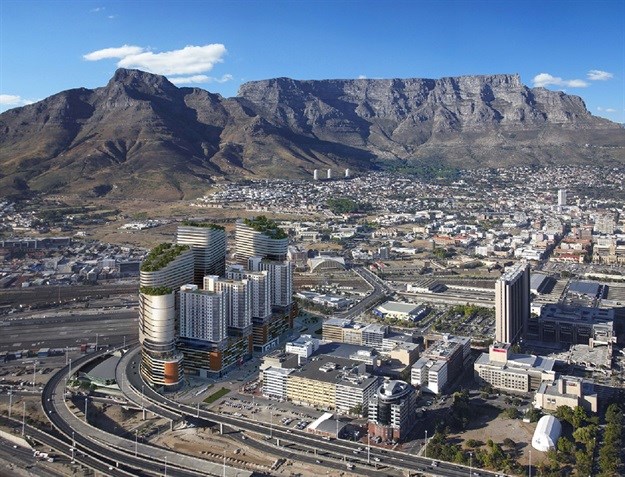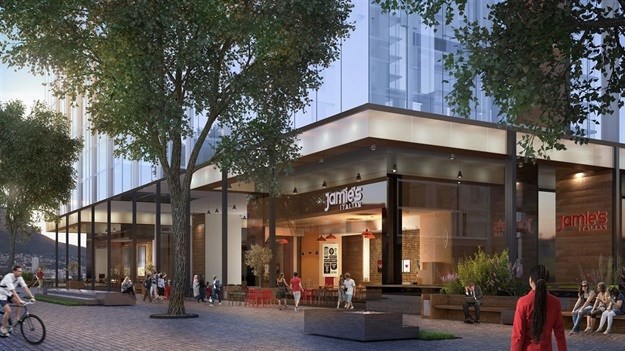
The general perception is that properties in Johannesburg are cheaper than those in Cape Town, but offer better value for money since they attract good rental returns and growth on investment. Peet Strauss of Pam Golding Properties confirms this trend, adding that there are various factors that make property purchases in either city a good investment.
“The trend in the Johannesburg market is more towards an income model while the Cape Town market has bigger capital growth potential. Properties in Johannesburg are relatively cheap, compared to Africa and the rest of the world, even South African standards,” says Strauss.
Not only is Johannesburg affordable, he explains, but it consistently shows good rental returns - a trend that has been continuing for a while.
"One can buy for a bit cheaper than anywhere else, and rent for a bit higher. A savvy purchaser would buy now, especially if they’re not planning on selling again and long-term income is their basis for investment," he adds.
However, if you'd like to sell in four or five years for a return on your investment, then Strauss advises you to set your sights on Cape Town.
Wherever you decide to buy, it’s crucial to stick to traditional areas where there are new developments over a stretch of time and not just a “flicker” of activity. In Johannesburg, Strauss says there are pockets of value in areas like Rosebank, Sandton, Melrose Arch and Fourways. The smart will invest in Melrose Arch for the ease of living and proximity to Sandton and Rosebank, as will corporate clients looking for long-term rentals.

“Anybody that can afford something like Melrose Arch should buy now,” suggests Strauss. “As the market is going through change and an upturn should be coming soon.”
There’s a spike in South African property investors seeking out urban mixed-use developments as more and more South Africans are looking for peace of mind that comes with added security and convenience of amenities. This surge across our major cities is called new urbanism, where everything you need is within easy reach in walkable neighbourhoods where you live, work, socialise, shop, and more, without facing daily commutes and endless traffic.
Lightstone’s July 2017 Residential Property Indices indicates that the inflation rates of sectional titles were stable over the last year compared to decreasing rates of their freehold counterparts. Rode’s Report for the first quarter of 2017 further indicated that flat rentals were outperforming house price growth.
“The ‘new urban’ concept, where lifestyle meets real estate, really resonated with the Johannesburg market, which is why Melrose Arch has been so successful. It’s a walkable precinct, with all daily needs within walking distances - offices, restaurants, shops, hotels, banks, medical services, health clubs, entertainment, and so much more,” says Nicholas Stopforth, MD of Amdec Property Development.
“Melrose Arch is arguably the safest precinct in South Africa, an acknowledgement we work hard at retaining. And we have incorporated those learnings into the design considerations of our new development in Cape Town: Harbour Arch,” says Stopforth.
Scheduled to be built on the Foreshore in Cape Town’s city centre, it will cost around R10bn and take 10 years to complete. A key focus area for the development will be sustainability and eco-friendly innovation, with integrated green building initiatives including refuse recycling, water-saving devices and rainwater harvesting, a centralised district cooling facility and low-energy LED lighting.
Strauss concludes that there is no better time than the present to invest in either city, but wherever and whenever you decide to buy, it’s clear that mixed-use is the way the world is going.